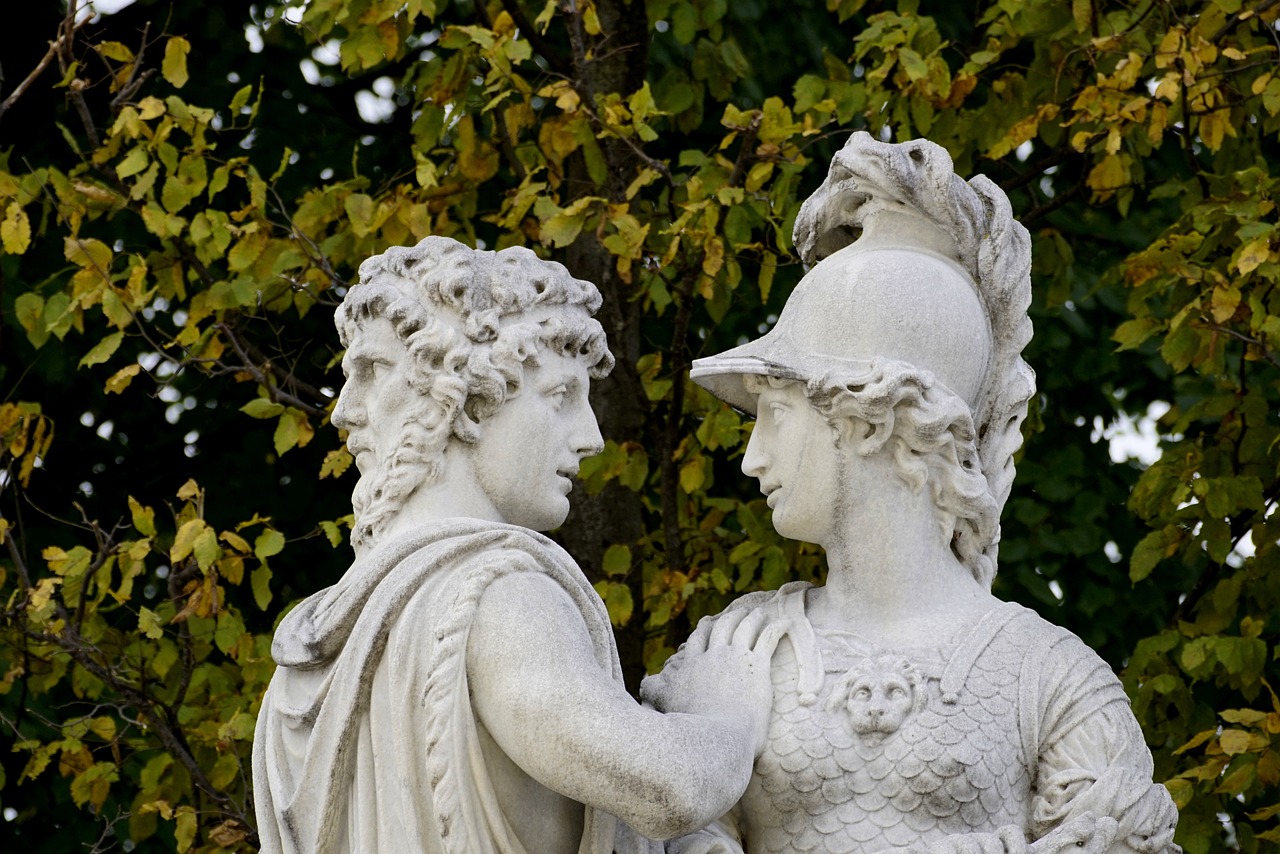Zeus, the principal god in ancient Greek religion, is synonymous with the Roman deity Jupiter. His name is potentially linked to Dyaus, the ancient sky god mentioned in the Hindu Rigveda. Known as the deity who controlled thunder, lightning, rain, and winds, Zeus wielded the thunderbolt, which was considered his signature weapon. Positioned as the father and protector of both gods and humanity, Zeus played a critical role in Greek mythology.
To escape a prophecy that foretold his downfall, Cronus, the Titan king, devoured his children at birth. In a clever twist, Rhea saved the newborn Zeus by giving Cronus a stone disguised in swaddling clothes and hid Zeus away in a cave on Crete. Nurtured by the nymph Amalthaea and watched over by warriors known as the Curetes, who masked his cries with clashing weapons, Zeus grew strong. When he came of age, he revolted against the Titans and ultimately overthrew Cronus, subsequently sharing dominion over the world with Hades and Poseidon.
As the ruler of the heavens, Zeus commanded the gods to triumph over the Giants—descendants of Gaea and Tartarus—and thwarted several uprisings from fellow deities. According to Homer, Olympus, Greece’s tallest mountain, served as his residence along with other gods, who were under his authority. From his high perch, Zeus was believed to observe human affairs with clarity, administering justice, rewarding virtue, and punishing wrongdoing. He shared a significant bond with his daughter Dike, symbolizing justice, and took on the role of protector, looking after cities and their inhabitants, as well as guests and supplicants.
Zeus’s romantic escapades, frequently leading him into conflicts with his wife, Hera, were well-known. His numerous liaisons with both mortals and immortals often required him to transform into various animal forms to seduce his targets. Some of his notable progeny included the twins Apollo and Artemis, born of the Titaness Leto; Helen and the Dioscuri, sons of Leda; Persephone, a daughter of Demeter; and Athena, who sprang from his head after swallowing the Titaness Metis. Zeus’s other children included Hephaestus, Hebe, Ares, and Eileithyia, with Hera, as well as Dionysus, whose mother was Semele.
Despite being regarded as the ultimate deity across Greece, Zeus’s broad nature somewhat overshadowed his significance compared to local gods like Athena and Hera. He had few temples dedicated to him in prominent cities, such as Athens, which only saw a temple constructed in his honor during the late 6th century BCE. Zeus’s statues and altars did find their way into domestic spaces, underscoring his protective role within homes, but it wasn’t until later that he received a grand temple in Olympia, built after that of Hera’s.
In artistic representations, Zeus is depicted as a mature man with a beard, epitomizing dignity and strength, while his foremost symbols— the thunderbolt and the eagle—reflect his divine power.



